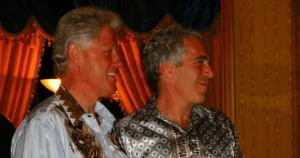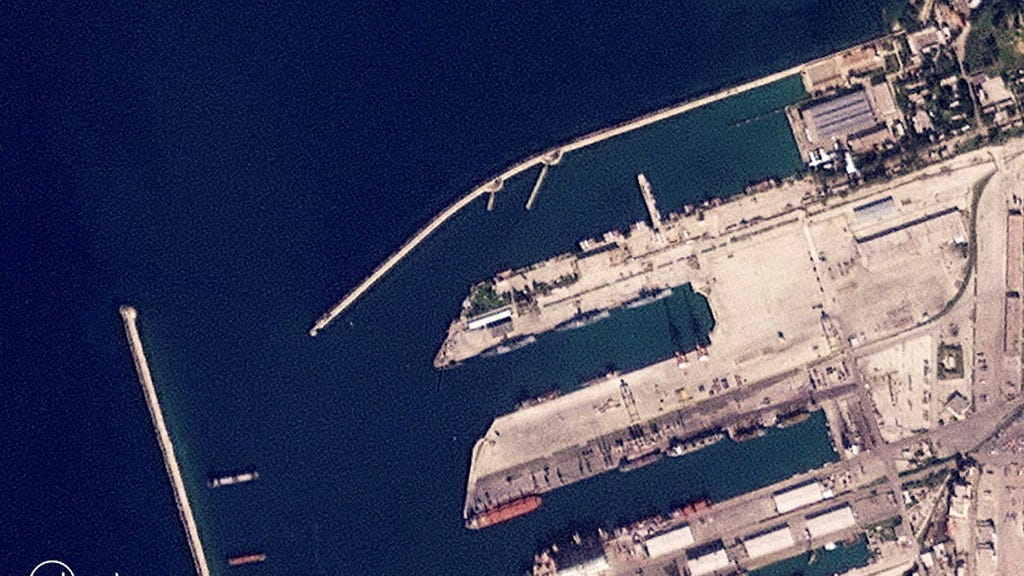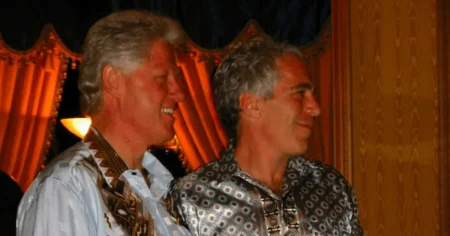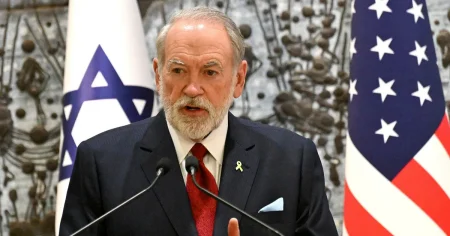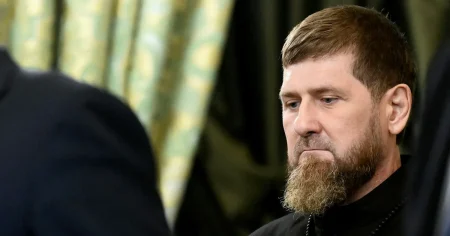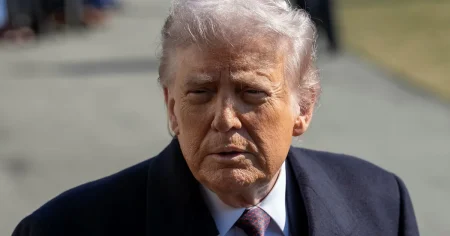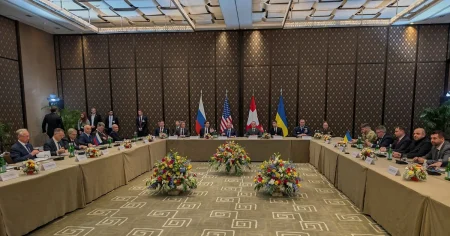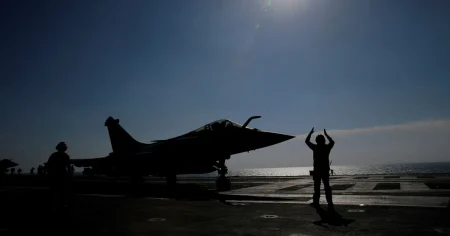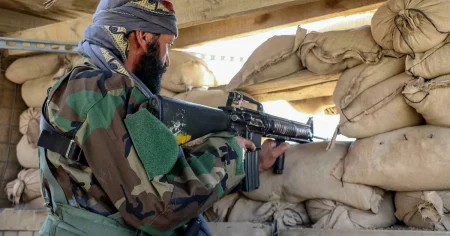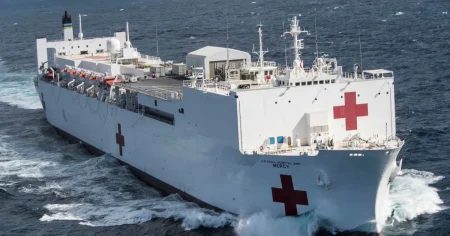The swift and dramatic fall of the Assad regime in Syria has left Russia scrambling to salvage its strategic assets in the country, primarily its two military bases: the Khmeimim airbase and the Tartus naval facility. The Russian state media’s narrative has shifted abruptly, rebranding the victorious Syrian rebels from ”terrorists” to ”armed troops” and ”opposition” in a desperate attempt to negotiate their continued presence. This pragmatic shift underscores the Kremlin’s prioritization of maintaining these crucial footholds in the Middle East.
The Khmeimim airbase and the Tartus naval base represent Russia’s sole military presence in the region. Tartus, in particular, holds immense strategic value as Russia’s only Mediterranean maintenance and resupply hub, essential for its operations in the region, including the transport of mercenaries to and from Africa. Losing these bases would be a significant blow to Russian influence and prestige, creating substantial logistical challenges for its military operations. The hasty evacuation of warships from Tartus, ostensibly for ”exercises,” highlights the precariousness of the situation, with the closure of the Bosporus by Turkey forcing a lengthy and embarrassing detour through the Mediterranean, around Western Europe, and back to the Baltic Sea.
Russia’s predicament is further complicated by its past actions in Syria. The Kremlin’s brutal intervention in the Syrian civil war, including the devastating bombing of Aleppo and Idlib, has earned it the enmity of the Syrian people. The recent bombing of Idlib, a civilian city held by rebels, just weeks before the regime’s collapse, underscores the volatile relationship between Russia and the new Syrian leadership. While Moscow has granted refuge to the ousted Bashar al-Assad, the question remains whether the new governing front will tolerate any Russian presence on Syrian soil, given the history of violence and destruction. The Kremlin’s hope for a deal to retain the bases seems audacious, given the recent hostilities, but may be driven by the pragmatic understanding that the new government might be equally opportunistic.
The author’s visit to the Khmeimim airbase in 2017 provides a stark contrast to the current situation. The confident display of Russian military might, the sophisticated weaponry, and the thinly veiled disdain for American involvement in Syria now appear ironic in light of the rapid reversal of fortunes. The Russian military, once boasting of its superior capabilities and strategic vision, now finds itself at the mercy of the very forces it sought to suppress. The author notes the palpable self-assurance of the Russian hosts during the visit, contrasted with the current reality of Russian troops confined to their base, surrounded by rebel forces. The narrative has shifted dramatically, from a position of strength and control to one of vulnerability and uncertainty.
Adding to the complexity of the situation is the presence of potentially sensitive personnel within the Russian bases. Investigative journalist Christo Grozev suggests that individuals of interest to Western intelligence agencies may be sheltered within the bases, including FSB sniper Roman Demyantjenko, linked to the assassination of a Georgian citizen in Berlin. The presence of such individuals within easy reach of Syrian forces hostile to Putin creates another layer of risk and potential diplomatic complications for Russia. The unexpected turn of events in Syria has placed these individuals, along with the Russian bases themselves, in a precarious position, highlighting the unpredictable consequences of military intervention and the fragility of power dynamics in the region.
The fall of the Assad regime has created a highly volatile and uncertain situation for Russia. The Kremlin’s efforts to negotiate the retention of its military bases represent a desperate attempt to salvage its strategic interests in the region. However, the history of Russian aggression in Syria, coupled with the presence of potentially controversial individuals within the bases, complicates the situation significantly. The coming weeks will be crucial in determining the fate of these bases and the future of Russian influence in the Middle East. The rapid shift in power dynamics underscores the unpredictable nature of geopolitics and the potential for even the most powerful actors to find themselves in vulnerable positions.




